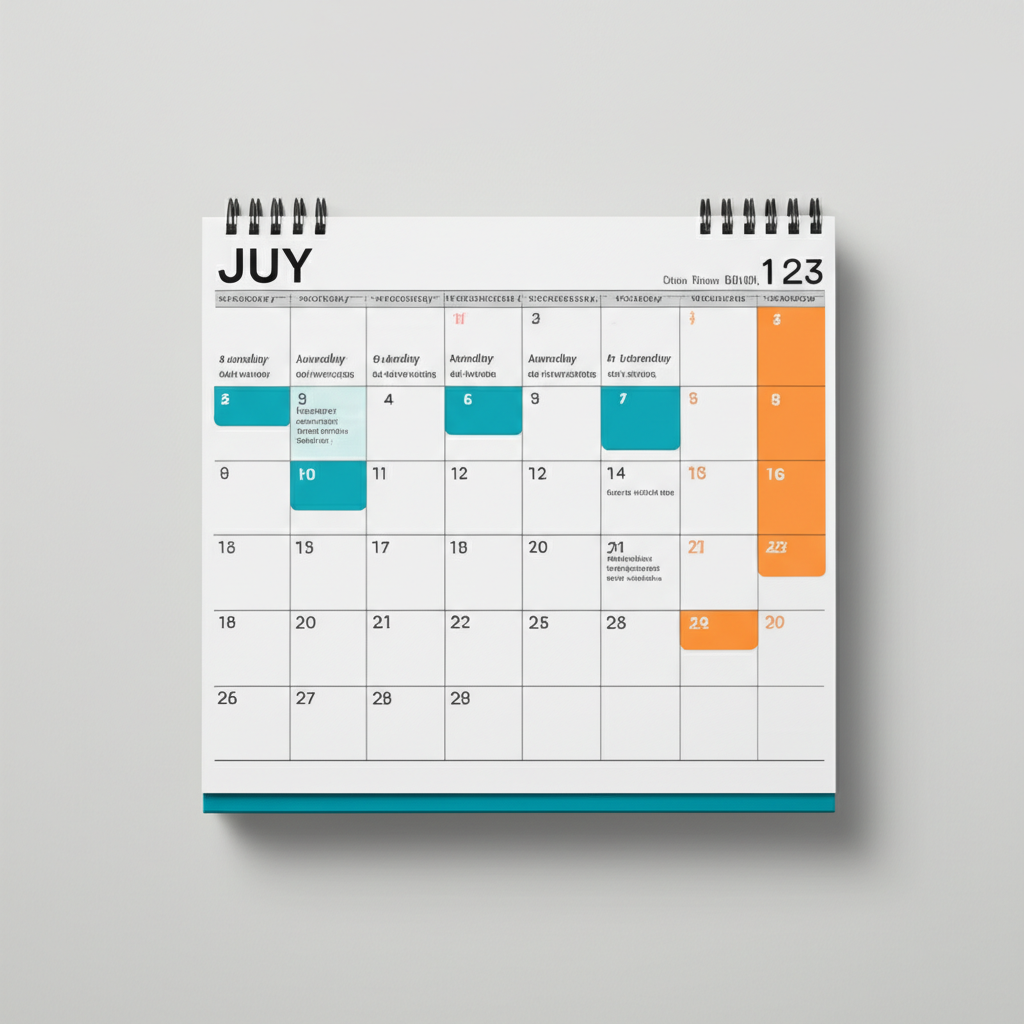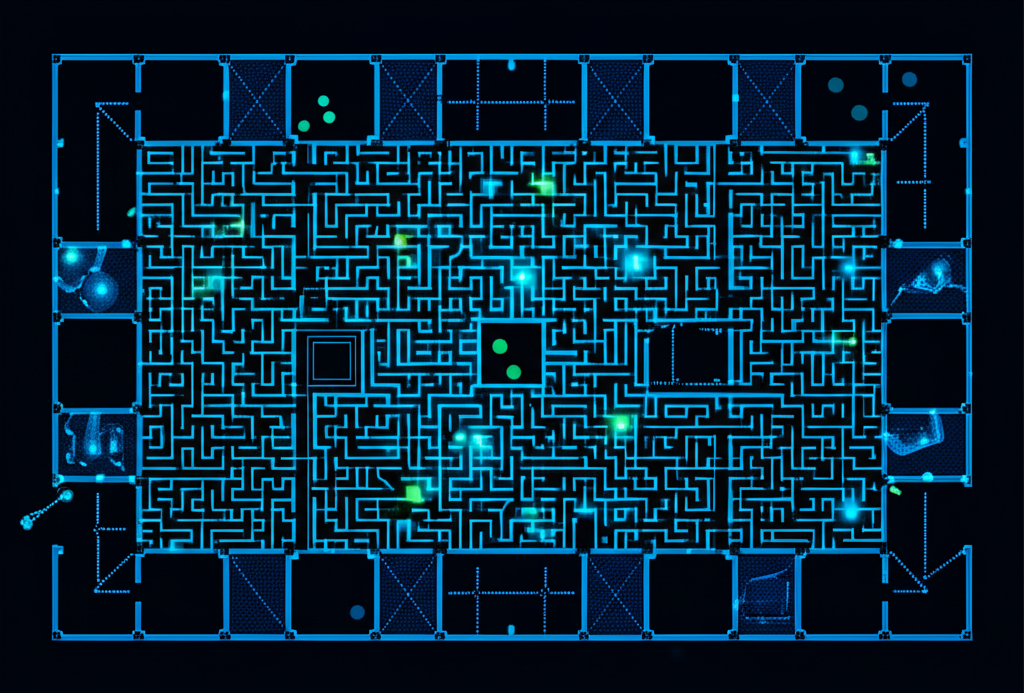The Problem with Traditional Timetables
Most students create rigid, hour-by-hour timetables that they abandon within a week. Why? Because life is unpredictable, and our energy levels fluctuate. A successful study schedule isn't about controlling every minute; it's about creating a flexible system that guides your focus.
Core Principles of an Effective Schedule
**Energy Management > Time Management:** Pay attention to your biological clock. Are you a morning person or a night owl? Schedule your most demanding tasks (like problem-solving or writing) during your peak energy hours. Use low-energy periods for easier tasks like organizing notes or reviewing flashcards.**Time Blocking:** Instead of scheduling "Study Physics from 2-4 PM," create specific blocks like "2:00-2:45 PM: Solve Chapter 5 problems" and "2:45-3:00 PM: Review solutions." This clarity reduces procrastination.**The Power of Breaks:** Breaks are not a sign of weakness; they are essential for memory consolidation and preventing mental fatigue. The Pomodoro Technique (25 minutes of focused work followed by a 5-minute break) is a great starting point.Building Your Flexible Schedule: A Step-by-Step Guide
**List Your Priorities:** Write down all your subjects, assignments, and deadlines for the week.**Block Non-Negotiables:** Fill in your calendar with fixed commitments like classes, meals, sleep, and exercise.**Schedule Your Deep Work:** Identify your peak energy windows and block them out for your most challenging subjects.**Fill in with Lighter Tasks:** Use your lower-energy periods for reviewing, planning, or administrative tasks.**Schedule 'Buffer' Time:** Leave some unscheduled blocks in your week. This gives you the flexibility to catch up, handle unexpected tasks, or simply take a longer break when you need it.**Review and Adapt:** At the end of each week, take 15 minutes to review what worked and what didn't. Adjust your schedule for the upcoming week.A schedule is a tool, not a prison. By building a system that respects your natural rhythms and embraces flexibility, you can achieve consistency and avoid the burnout that plagues so many students.



